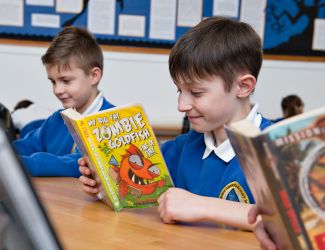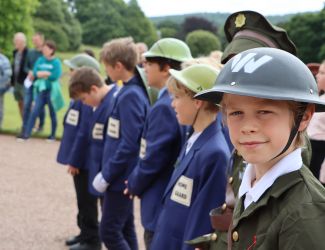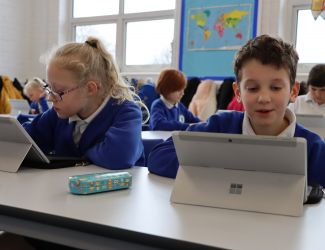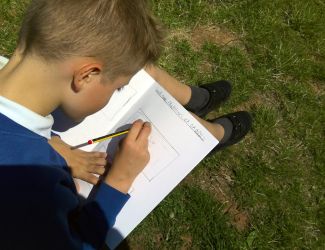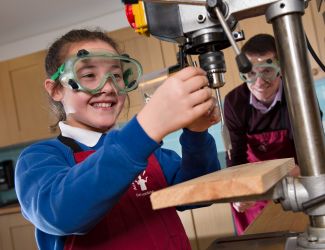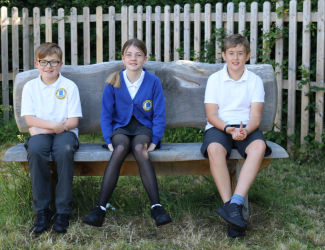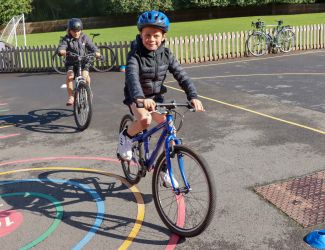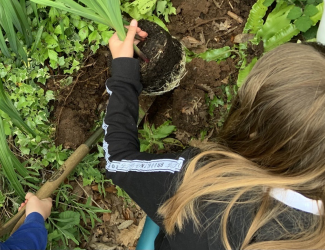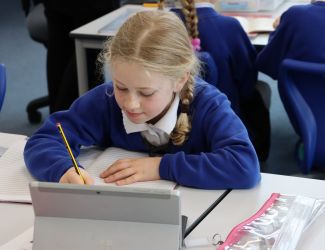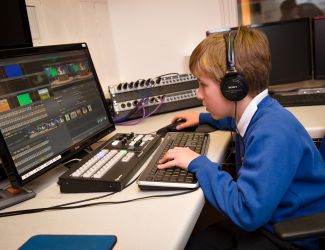Year 5 PSHE Curriculum
Personal, Social, Health and Economic (PSHE) education is a school subject through which pupils develop the knowledge, skills and attributes they need to manage their lives, now and in the future. It helps children and young people to stay healthy and safe, while preparing them to make the most of life and work. At Cornerstone, PSHE is our ‘golden thread’ and is delivered holistically in all we do, in the relationships we build with children, and the sense of togetherness children feel within the Trust. In Year 5, we deliver learning opportunities within the themes of: Health and Wellbeing, Relationships and Living in the Wider World. Weekly discussion sessions encourage children to explore the subject content below and all children have the opportunity to discuss any concerns and thoughts with their mentors through our mentoring programme.
Relationships: Friendships; relationships; becoming independent; online safety
- About the different types of relationships people have in their lives
- How friends and family communicate together; how the internet and social media can be used positively
- How knowing someone online differs from knowing someone face-to-face
- How to recognise risk in relation to friendships and keeping safe
- About the types of content (including images) that is safe to share online; ways of seeking and giving consent before images or personal information is shared with friends or family
- How to respond if a friendship is making them feel worried, unsafe or uncomfortable
- How to ask for help or advice and respond to pressure, inappropriate contact or concerns about personal safety
Health and Wellbeing: Identity; personal attributes and qualities; similarities and differences; individuality; stereotypes; basic first aid, accidents, dealing with emergencies; drugs, alcohol and tobacco; healthy habits
- How to recognise and respect similarities and differences between people and what they have in common with others
- That there are a range of factors that contribute to a person’s identity (e.g. ethnicity, family, faith, culture, gender, hobbies, likes/dislikes)
- About stereotypes and how they are not always accurate, and can negatively influence behaviours and attitudes towards others
- How to challenge stereotypes and assumptions about others
- How to carry out basic first aid including for burns, scalds, cuts, bleeds, choking, asthma attacks or allergic reactions
- That if someone has experienced a head injury, they should not be moved
- When it is appropriate to use first aid and the importance of seeking adult help
- The importance of remaining calm in an emergency and providing clear information about what has happened to an adult or the emergency services
- How drugs common to everyday life (including smoking/vaping - nicotine, alcohol, caffeine and medicines) can affect health and wellbeing
- That some drugs are legal (but may have laws or restrictions related to them) and other drugs are illegal (illegal drugs are not explored specifically or in depth, but referred to under the bracket term ‘illegal drugs’ and discussed in relation to health and caution)
- How laws surrounding the use of drugs exist to protect them and others
- Why people choose to use or not use different drugs
- How people can prevent or reduce the risks associated with them
- That for some people, drug use can become a habit which is difficult to break
- How to ask for help from a trusted adult if they have any worries or concerns about drugs
- How to be physically active and measure this by pulse rate and how much rest and sleep they should have everyday
- How everyday health and hygiene rules and routines help people stay safe and healthy (including how to manage the use of medicines, such as for allergies and asthma, and other household products, responsibly)
- How to react and respond if there is an accident, including CPR, recovery position and choking
- What to do in an emergency, including calling for help and speaking to the emergency services
- About puberty and how bodies change during puberty, including menstruation and menstrual wellbeing, erections and wet dreams
- How puberty can affect emotions and feelings
- How personal hygiene routines change during puberty
- How to ask for advice and support about growing and changing and puberty
Living in the Wider World: Money; making decisions; spending and saving; careers; aspirations; role models; the future
- How people make decisions about spending and saving money and what influences them
- How to keep track of money so people know how much they have to spend or save
- How people make choices about ways of paying for things they want and need (e.g. from current accounts/savings; store card/ credit cards; loans)
- How to recognise what makes something ‘value for money’ and what this means to them
- That there are risks associated with money (it can be won, lost or stolen) and how money can affect people’s feelings and emotions
- That there is a broad range of different jobs and people often have more than one during their careers and over their lifetime
- That some jobs are paid more than others and some may be voluntary (unpaid)
- About the skills, attributes, qualifications and training needed for different jobs
- that there are different ways into jobs and careers, including college, apprenticeships and university
- how people choose a career/job and what influences their decision, including skills, interests and pay
- how to question and challenge stereotypes about the types of jobs people can do
- how they might choose a career/job for themselves when they are older, why they would choose it and what might influence their decisions

